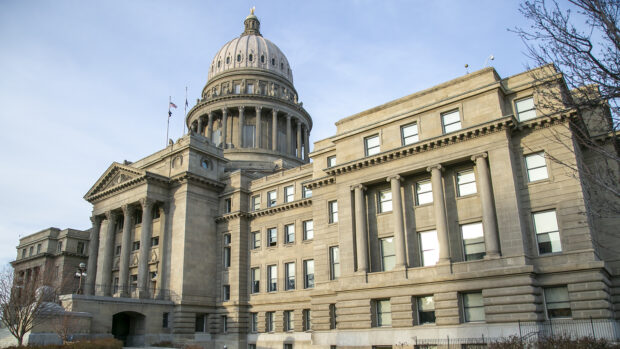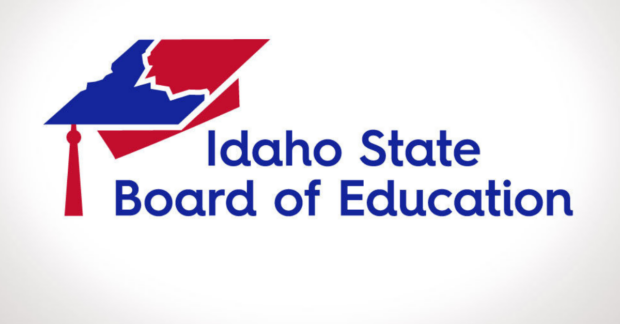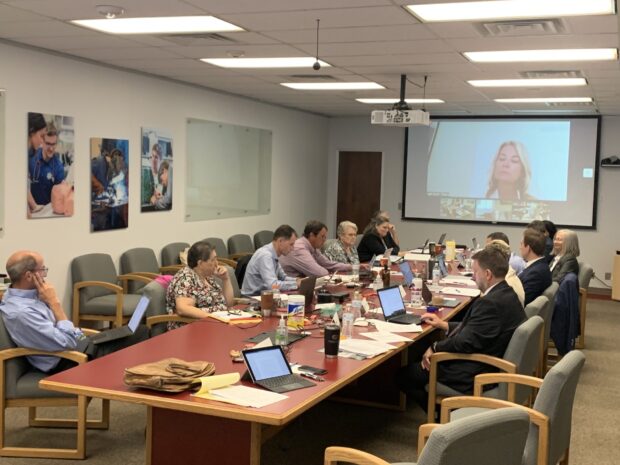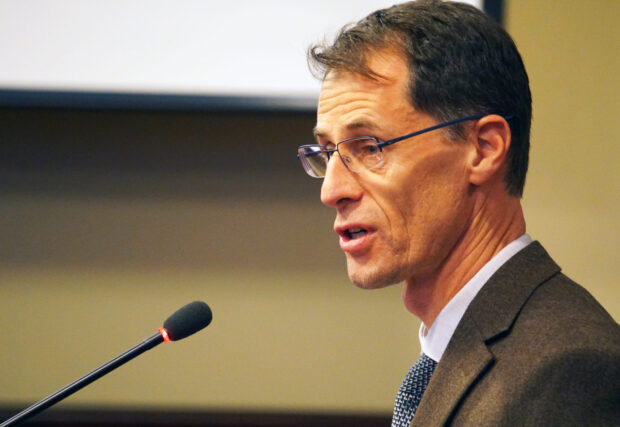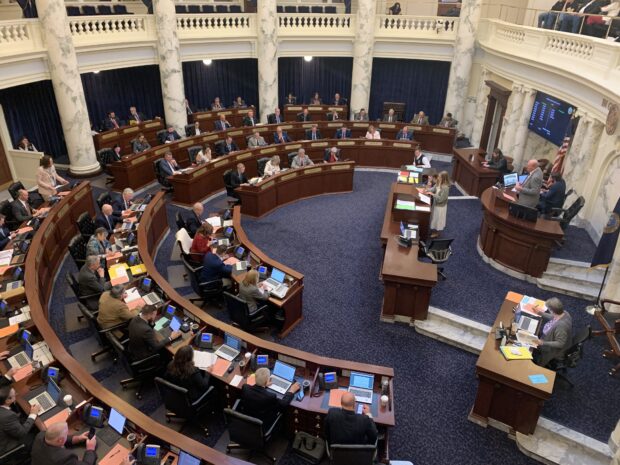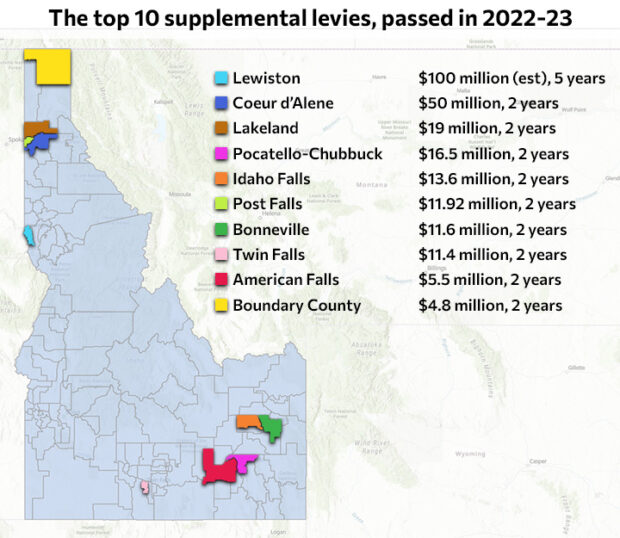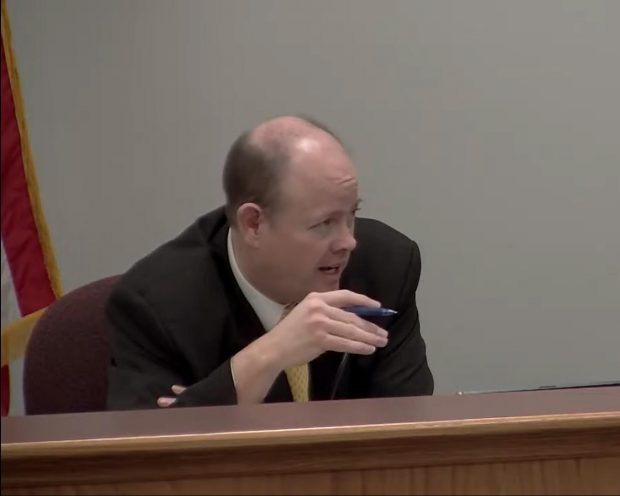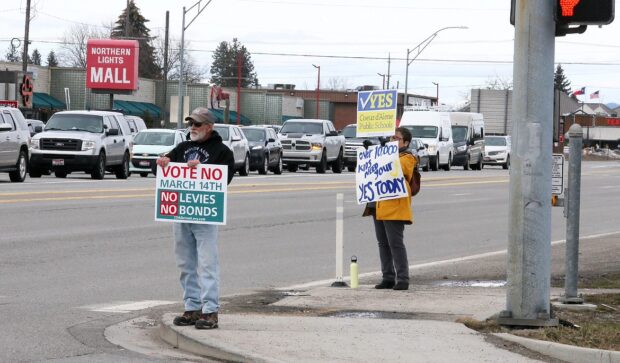State Policy
Opponents file lawsuit over new transgender bathroom law
The complaint, filed in federal court Thursday evening, describes the new bathroom law as a “solution in search of a problem.”
Statehouse showdown over U of I-Phoenix discussion escalates
State Board of Education members entered Friday with two options: declare a do-over, or dig in for a courtroom fight with Attorney General Raul Labrador. They chose the latter.
Analysis: How Idaho’s troubled Empowering Parents vendor expanded its national brand
Odyssey made its Idaho work a centerpiece of its successful bid to run Iowa’s education savings account program. At least publicly, Odyssey gave no inkling of the problems plaguing Idaho’s Empowering Parents microgrant program.
State Board steps up legal battle with Labrador
The State Board of Education says it will have to hire an outside attorney to defend itself in a lawsuit filed by Attorney General Raúl Labrador. And the board plans to forward its legal bills to Labrador’s office.
State review finds up to $180,000 in improper Empowering Parents purchases
The contractor has agreed to reimburse the state for the ineligible purchases. The contractor has also indicated it will reimburse the state for nearly $500,000 it collected in interest from taxpayer funds.
A new law requires transparent levy elections — but the results are mixed
Some districts write sketchy ballot language, which means voters can’t tell where their money is going. These districts are taking a big risk. The law would allow a judge to nullify an election over flimsy ballot language.
Districts lean on short-term levies to pay for long-term investments — people
School districts use the bulk of voter-approved supplemental levies to cover their single biggest expense: salaries and benefits. That allows schools to hire more teachers and reduce class sizes, or keep experienced educators in the classroom — as long as voters say yes to the levy.
All politics is local, and levy elections can be contentious or routine
It took five months, and two loud elections, for Coeur d’Alene to convince their patrons to keep a supplemental levy on the books. But in many other communities, voters quietly and reliably support levies.
Lawmakers rewrote the school election calendar. What happens next?
Starting next year, school districts have only three dates when they can run a levy. But the schools also will have more state money — designed to offset bonds and levies. It’s a classic tradeoff, and a hard one to handicap.

